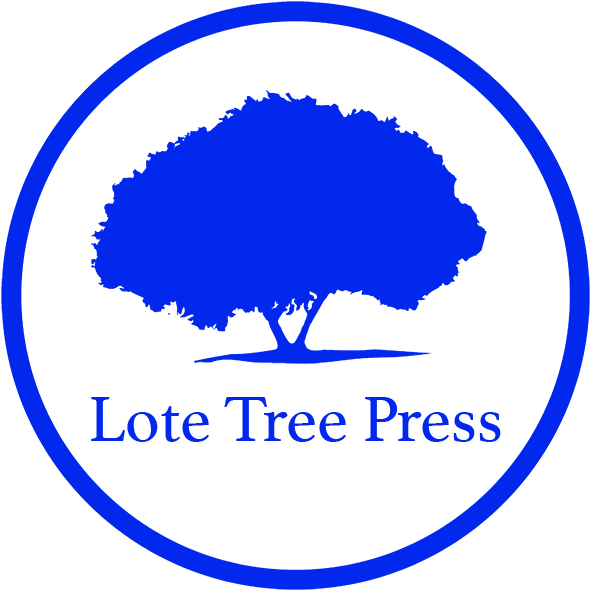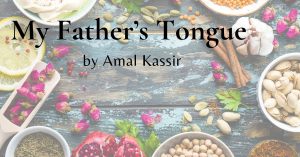Uthman dan Fodio opens one of his most famous and widely recited poems, Al-Dāliyya, written in 1772 (1188AH) when he was just twenty years old, expressing his longing to visit the Prophet’s tomb in Medina. It is said that he wrote the poem when he was not allowed to accompany those going on a pilgrimage to Mecca and Medina:
Is there a way for me to travel swiftly towards Tayba
to visit the grave of the Hāshimī Muhammad
as his fragrance spreads within its precincts
and pilgrims come together towards Muhammad?
I was left behind, a well of tears flowing
out of longing for this Prophet Muhammad
I swear by the Most Merciful I have no virtue
that does not contain love of the Prophet Muhammad
I speak of the affliction of longing for him when it is clear
There is no joy for me without visiting my master
I almost flew with longing to his grave
There is no flavour in life for me without Muhammad
The resplendent sun, crown of guidance and sea of bounty
There is no good except in following Muhammad
He is a downpour whose blessings spread to all creatures
Indeed all of God’s creation is below Muhammad
Had I travelled to Tayba I would have attained my utmost desire
covered in the dust of the sandals of Muhammad

You can find the full poem in the original Arabic here: http://siiasi.org/wp-content/uploads/2014/12/ad-daaliyya-arabic-2.pdf
And an English translation of the entire poem is available here: http://siiasi.org/wp-content/uploads/2014/12/ad-daaliyya-english-2.pdf
Oludamini Ogunnaike also gives a translation of the entire poem in his book Poetry in Praise of Prophetic Perfection – A Study of West African Arabic Madīḥ Poetry and Its Precedents, The Islamic Texts Society, 2020

Shaykh Uthman dan Fodio 1754-1817
West African poetry flourished under Uthman dan Fodio and the Sokoto Caliphate. Uthman dan Fodio was a Fulani Shaykh of the Qadiriyya Sufi path who was recognised as a saint in his lifetime. He was a West African preacher and religious scholar in what is now Nigeria who was a prolific writer and poet who wrote over a hundred books and composed poems in Arabic, Fulfulde and Hausa. His charismatic preaching to practice Islam correctly, uninfluenced by un-Islamic customs and his criticism of unjust taxation practices and oppression by the ruling class garnered him many followers. Local Hausa rulers saw his growing popularity as a threat to their control, and when his followers were persecuted, physically attacked and imprisoned and an unsuccessful assassination attempt made on Dan Fodio’s life by Yunfa, king of Gobir, Dan Fodio and his followers made hijra to escape the persecution. Due to his popularity many people from the surrounding areas joined the emigration to be with Dan Fodio and took up arms to defend themselves in a jihad war that led to the establishment of the Sokoto Caliphate. He encouraged scholarship and literacy and advocated for women’s education, his first teacher having been his mother, Hauwa Bn Muhammad, who came from a family of prominent scholars and traced her lineage to the Prophet Muhammad (s) through Mawlay Idris I of Morocco. Dan Fodio’s maternal grandmother, Ruqayyah bin Alim was a scholar and poet, known for her work Alkarim Yaqbal, while his maternal grandfather Muhammad bin Uthman bin Hamm, was the most celebrated Fulani religious leader of his time. Dan Fodio’s daughter Nana Asma’u would emerge as a respected poet, teacher and social activist who championed women’s education.

West African Poetic Traditions
Many Sufi poets of West Africa were charismatic, multilingual, multidisciplinary scholars, warriors and mystics who composed poetry in Arabic alongside local West African languages. Many were leaders in the fight against colonialism, and were also considered saints in their own time, renewers of the faith (mujaddids) and spiritual poles (qutbs) of their epoch.
Being able to write well in verse was seen as the sign of a scholar and it was used for everything from making teaching materials more memorable to writing letters, recording events and elegising those who had passed away.
Arabic poetry in West Africa was influenced by the poetic traditions of classical Arabic poetry from the Arabian peninsula and Andalusian poetry forms. It also drew from local oral African poetic and singing traditions, which were themselves in turn influenced by the Arabic poetry being recited and composed in the region.
Poetic virtuosity is highly regarded in the West African traditions of writing verse, with challenging forms and rhyme schemes being adopted to display the poet’s skill, such as acrostic poems, internal rhyme schemes, and the mono-rhyme of the traditional qasidah ode. Much poetry also has a devotional aspect and includes prayers, quotes from the Quran and sunnah and stories from the Prophet’s lifetime, and is composed to be recited out loud rather than to just be read.
In the on-demand video on Sufi Poets of West Africa in our poetry membership, we delve into poetry by West African Sufi poets Uthman Dan Fodio, Nana Asma’u, Amadou Bamba and Ibrahim Niasse, also exploring the influence of West African devotional and poetic traditions on the development of the Blues and Gospel singing.




